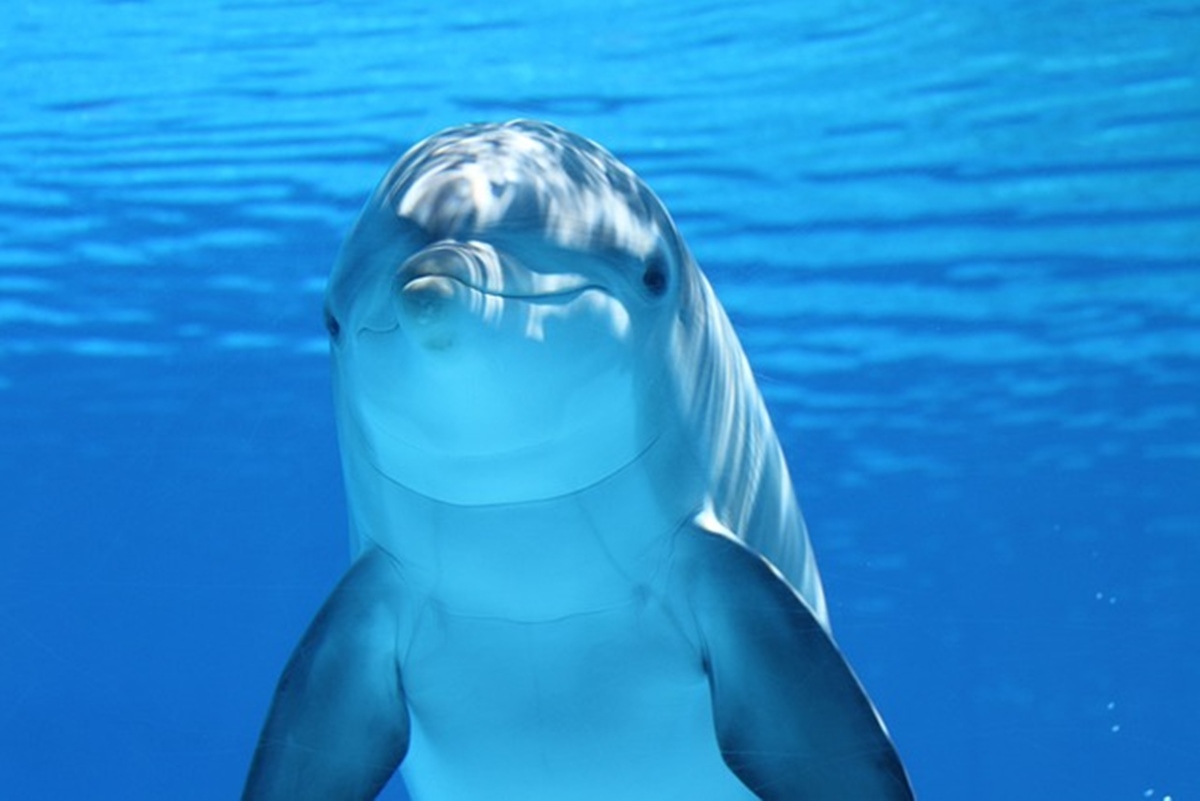This site contains advertisements
Would you like to buy goggles?
Snorkeling provides a wonderful opportunity to observe the beautiful marine ecosystems, with coral reefs being particularly fascinating. However, there are crucial aspects to be aware of while snorkeling around coral, such as their fragility and the need for conservation efforts. This article focuses on coral-related insights, aiming to deepen your understanding while snorkeling and contribute to the protection of these vital ecosystems.
Basic Knowledge of Coral
One of the enchanting aspects of snorkeling is glimpsing the world of beautiful coral. Coral plays a pivotal role in Earth’s marine ecosystems, providing habitats and shelter for a multitude of marine life. There are various types of coral to explore during snorkeling, including hard and soft corals. Examples of such stunning coral ecosystems can be found in places like the Great Barrier Reef, the world’s largest coral reef, or the Florida Keys in the Caribbean.
Beyond the aesthetic appeal, it’s essential to consider the contributions coral makes to the ecosystem. Coral formations create unique ecosystems that help maintain the diversity of marine life and contribute to the overall stability of the ecosystem.
Vulnerability of Coral and Conservation
When enjoying snorkeling, understanding the vulnerability of coral and participating in conservation efforts becomes crucial. Coral is highly sensitive to external stresses, such as rising temperatures and ocean acidification, which heighten their vulnerability. Additionally, tourism activities can impact coral, emphasizing the necessity for conservation efforts to achieve sustainable tourism.
Concrete examples include coral bleaching, a phenomenon where coral turns white due to factors like high temperatures and pollution. Initiatives like marine protected areas play a pivotal role in safeguarding coral ecosystems.
Snorkeling Etiquette
Practicing proper etiquette while snorkeling ensures consideration for coral and its surrounding ecosystems. To minimize damage to coral, it’s important not to touch them and to use fins and body movements for underwater navigation. Maintaining an appropriate distance from fish and the ecosystem and responsibly managing waste are essential practices.
Examples of good snorkeling etiquette involve adhering to guidelines provided during snorkeling tours and correctly adjusting and using goggles for comfortable and safe underwater observation.
Involvement in Coral Conservation
Snorkeling enthusiasts should actively engage in coral conservation activities to support sustainable marine environments. Citizen participation is crucial, as it effectively contributes to conservation efforts. Snorkeling serves as a platform to raise awareness about the importance of marine environments and the need for coral protection.
Participation can take various forms, including involvement in citizen science projects and contributing to coral planting initiatives. Small individual actions, such as donations to environmental organizations and volunteering for local conservation activities, collectively make a significant impact.
Preparations and Safety Measures
Before embarking on a snorkeling adventure, thorough preparation and safety precautions are imperative. Checking equipment, monitoring weather and tides, and understanding emergency response measures are vital steps. During snorkeling tours, it’s essential to heed guides’ instructions, ensuring activities take place under safe conditions.
Concrete examples include correctly adjusting and using goggles, maintaining the ability for self-rescue underwater, and possessing basic swimming skills. Pre-planning and preparation contribute to a safe snorkeling experience while promoting consideration for coral protection.
Conclusion
In conclusion, snorkeling offers a fantastic experience, especially when exploring the captivating world of coral. However, behind its beauty lies the fragility of coral and the imperative need for protection. Snorkeling enthusiasts are encouraged to acquire essential knowledge and adhere to proper etiquette, actively participating in conservation efforts. By maximizing the allure of snorkeling around coral reefs, individuals can also contribute to sustainable marine environments.



コメント